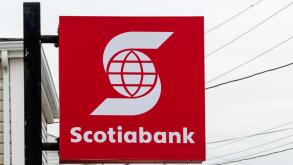Top Section/Ad
Top Section/Ad
Most recent
Second Canadian lender to declare official support for embryonic SSA issuer as government takes lead on establishing new entity
Project to establish bond-issuing multilateral bank gets under way, aiming to strengthen Nato and allies’ defence capacity and procurement
Data center ABS may have captured vast attention but the infrastructure data centers require — in particular fiber optic cable networks — will also be a rich source of securitization activity
IPO pace has been quickened but CSG structure was exceptional
More articles/Ad
More articles/Ad
More articles
-
Bank will cut oil production exposure 20% by 2025
-
The activist hedge fund may be right to take on governance issues, but should stick to the point
-
Attempt to block Taxonomy looks set to fail but credibility still at stake
-
In October La Banque Postale became the first bank to announce it was exiting fossil fuels altogether, and the first to have a validated Science-Based Target for decarbonising its portfolio. Philippe Heim, the bank’s CEO, talked to GlobalCapital about what this path will involve, and LBP’s wider drive to create ‘impact banking’.
-
Delay gives hope to progressives, but all is still to play for
-
The sector is under pressure from low interest rates, rising credit risks and emerging cyber threats











